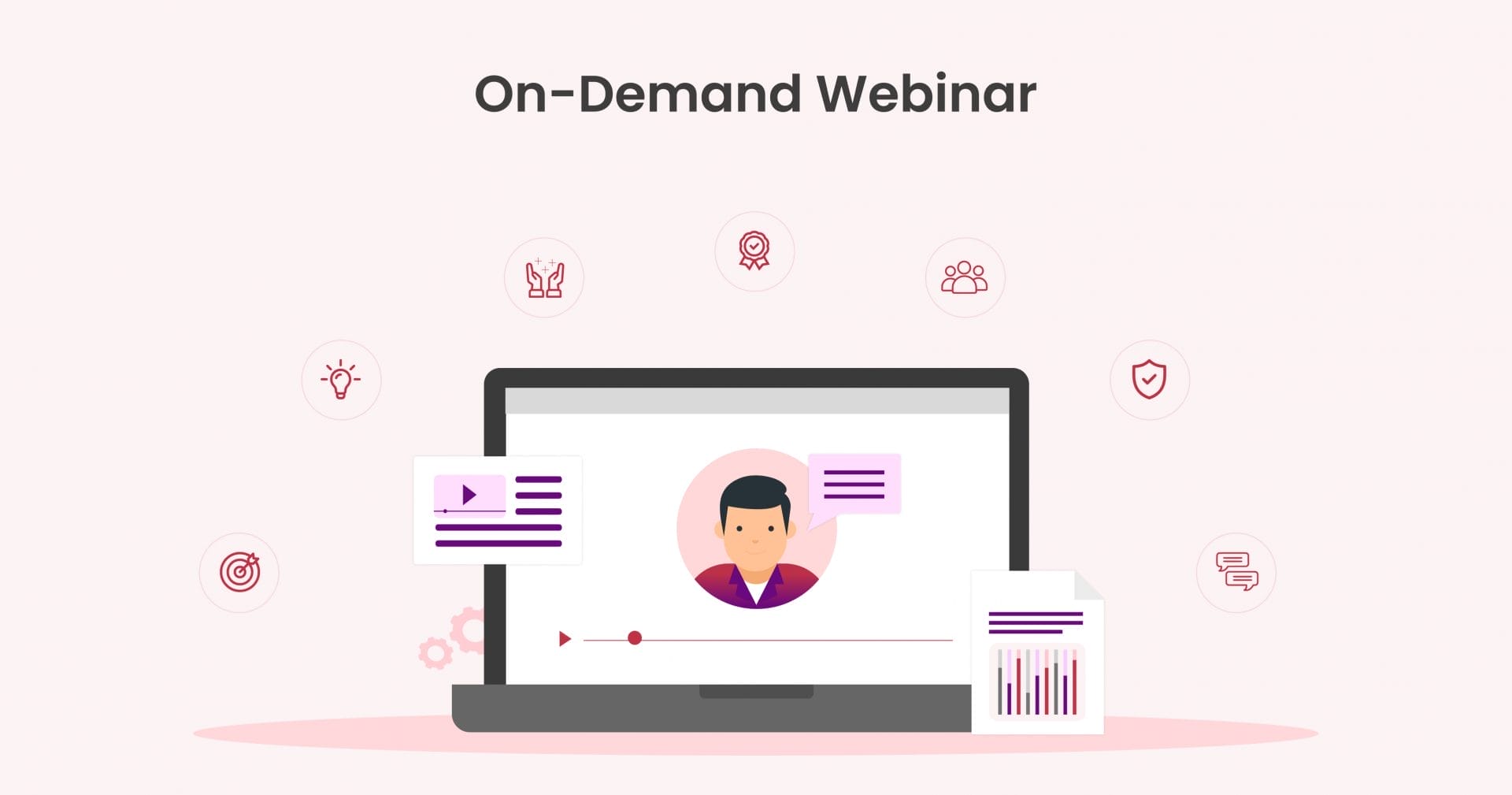Event marketing is a cornerstone for brands and businesses aiming to deepen their connection with audiences, foster community engagement, and ultimately drive growth. However, digital transformation and technological advancements mean the approach to event marketing has evolved significantly.
This article aims to guide you through the latest trends, tools, and tactics that can elevate your event marketing efforts, ensuring they resonate well with your audience while achieving your business objectives.
Understanding your audience
The foundation of any successful event marketing campaign lies in a deep understanding of your audience. Knowing who you are targeting is crucial for crafting messages that resonate, choosing platforms that reach, and ultimately, ensuring your event meets the needs and interests of your audience. By targeting specific segments of your audience with messages tailored to their interests, behaviors, and demographics, you can significantly increase the effectiveness of your marketing efforts.
Enhancing your online presence
A well-optimized website, user-friendly design, and integrated tools not only enhance the visibility of your event but also improve the participant experience, encouraging more sign-ups and engagement.
Optimizing your website’s performance
A fast-loading, efficient website is critical in capturing and retaining the attention of potential attendees. Cleaning and optimizing your site’s database ensures that your website runs smoothly, providing visitors with a seamless experience as they navigate through your event information, registration pages, and other resources. Regular maintenance to remove outdated content, optimize images, and streamline backend processes will keep your site’s performance at its peak, reducing bounce rates and improving overall user satisfaction.
Helping users find what they’re looking for
An intuitive website design that aids users in quickly finding the information they need can significantly enhance the effectiveness of your event marketing. By setting up attributes for your events—such as topics, speaker names, dates, and formats—you make it easier for visitors to filter and find events that match their interests. This user-centric approach not only improves the usability of your website but also personalizes the user experience, making it more likely for visitors to register for your event.
Integrating event booking tools
The registration process is often the first real interaction potential attendees have with your event, so making it as smooth and straightforward as possible is key. Integrating advanced booking tools and plugins into your website can simplify this process, offering features like automated email confirmations, calendar integrations, and secure payment options. These tools not only make it easier for attendees to sign up but also help in managing registrations efficiently, allowing you to focus on other aspects of event planning and marketing.
Leveraging email marketing
Email marketing remains a powerful tool for connecting with potential attendees and nurturing them toward event registration and engagement. With a strategic approach that incorporates compelling content and personalized communication, email marketing can significantly enhance your event’s success.
Creating eye-catching subject lines and event titles
The title of your email campaign and event can make a significant difference in attracting attendees. It’s the first impression potential attendees have of your event, and it needs to resonate with their interests and challenges. A compelling subject line and event or webinar title should be clear and concise, and the value or solution your event offers should be communicated. Incorporating keywords related to the topic and the audience’s interests can also improve the visibility of your emails and increase open rates.
Communicating the benefits of your event
Events like webinars come with many benefits and function as part of an effective marketing strategy. They offer a unique blend of convenience, engagement, and educational value. Highlighting the specific benefits of attending your events in your email marketing can persuade potential attendees of the value your event offers, encouraging registrations.
Developing an email sequence
An effective event email sequence is crucial for nurturing leads from initial interest to post-event engagement. This sequence should include:
- Invitation email: A compelling invitation introducing the event, its value, and why it’s a must-attend.
- Confirmation email: An email signalling that the attendee has successfully registered. If this is a paid event, this step can be replaced with an automated receipt notification.
- Reminder emails: Scheduled reminders leading up to the event to keep it top of mind.
- Last chance email: A final call to action encouraging those who haven’t registered to do so.
- Post-event email: A follow-up thanking attendees, providing access to recorded sessions, and offering additional resources or next steps. For example, this could be the perfect opportunity to upsell, for example, using an email sequence to sell online courses that relate to the event topic.
Each email should be personalized, highlighting aspects of the event that align with the recipient’s interests or needs, and include a clear call to action.
Streamlining event management and marketing
Efficient management and innovative marketing are pivotal for the success of any event in 2024. With a plethora of digital tools and platforms at our disposal, streamlining these aspects has never been easier.
Integrating your website with communication channels
Communication is key to successful event organization. Platforms like Slack can be integrated with your website to centralize communications, share updates, and streamline the planning process. This integration allows your team to quickly address issues, share feedback, and make decisions, ensuring that everyone is on the same page. By creating dedicated channels for different aspects of the event, from marketing to logistics, you can ensure that information is easily accessible and that the organization is seamless.
Automating event tasks with the latest software solutions
Automation can significantly reduce the workload associated with event planning and marketing, allowing your team to focus on creating more impactful experiences for attendees. From automated email responses and registration confirmations to social media posting schedules, leveraging the right software can enhance efficiency and effectiveness. Automation tools can also assist in managing registrations, tracking attendee engagement, and analyzing the success of your marketing efforts, providing valuable insights for future events.
Pre-recorded content strategies to extend event content
Pre-recorded content like webinars offers a range of benefits, from ensuring high-quality presentation and avoiding technical issues to allowing speakers to engage with the audience through live chat during the broadcast. Moreover, they can be used as evergreen content after the event, extending the life of your content and providing ongoing value to your audience and even boosting sales. Incorporating pre-recorded content into your event strategy can also accommodate attendees in different time zones, ensuring that everyone has the opportunity to engage with your content at a time that suits them best.
Global payments and event access
Ensuring your event is accessible to a global audience is more important than ever. This not only expands your reach but also diversifies the attendees and the perspectives shared during the event. Central to this global inclusivity is the ability to handle payments from anywhere in the world, accommodating different currencies and payment methods.
Enabling global payments
To cater to a global audience, your event’s registration platform must support a variety of international payment options, including credit cards, PayPal, bank transfers, and potentially even cryptocurrency. This inclusivity in payment methods ensures that attendees, regardless of their location or preferred payment method, can easily secure their spot at your event.
Accommodating international attendees
Beyond payments, several other considerations can make your event more accessible to an international audience. These include:
- Scheduling: Offering multiple live sessions or recording sessions for on-demand viewing can ensure that everyone has the opportunity to engage, regardless of their geographic location.
- Language support: Providing content in multiple languages through subtitles or simultaneous translation can dramatically increase your event’s accessibility.
- Cultural sensitivity: Being aware of global holidays, cultural norms, and sensitivities can help in scheduling your event at a time that maximizes global participation and ensures content is appropriate and engaging for a diverse audience.
- Technical accessibility: Ensure that your event platform is accessible from different countries, considering internet restrictions and the availability of high-speed internet in some regions.
Promotion strategies for maximum reach
A comprehensive promotion strategy that leverages social media, influencer partnerships, and affiliate marketing can elevate your event’s visibility and attract a wider audience. This section delves into effective tactics for utilizing these channels to amplify your event marketing efforts.
Utilizing social media platforms
Social media platforms are indispensable tools for event promotion, offering the ability to reach vast audiences with targeted messaging. Creating engaging content that resonates with your audience—such as teaser videos, speaker interviews, and interactive polls—can significantly increase interest and engagement. Social platforms like Instagram, Twitter, LinkedIn, and Facebook allow for tailored advertising campaigns, enabling you to reach specific demographics, interests, and geographic locations.
Affiliate marketing for events
Affiliate marketing involves partnering with individuals or companies who promote your event to their networks in exchange for a commission on ticket sales they generate. This performance-based marketing strategy can be highly effective in reaching new audiences and incentivizing partners to maximize their promotional efforts.
Engaging with previous attendees
Don’t overlook the power of engaging with individuals who have attended your events in the past. These attendees can serve as ambassadors, sharing their positive experiences and encouraging their networks to participate. Offering incentives, such as referral discounts or exclusive access to certain aspects of your event, can motivate previous attendees to spread the word.
Creating a comprehensive promotion plan
A successful promotion strategy is multifaceted, integrating various channels and tactics to achieve broad visibility and high engagement. It should be dynamic, allowing for adjustments based on performance metrics and feedback. Consistent monitoring and analysis of your promotion efforts are essential to understand what works best for your target audience, enabling you to optimize your strategy for current and future events.
Conclusion
The evolution of event marketing has shown us that with the right blend of creativity, innovation, and data-driven strategies, it’s possible to transcend traditional boundaries and connect with audiences in more meaningful ways. Whether through the use of automated systems, optimizing online presence, engaging email marketing sequences, or expansive global payment options, the goal remains the same: to create events that resonate deeply, offer value, and leave a lasting impact.
In conclusion, the future of event marketing is bright for those who are willing to embrace change, leverage technology, and place their audience at the center of their strategies. By doing so, we can ensure that our events not only achieve their goals but also contribute to building stronger, more engaged communities around our brands and causes. Here’s to creating unforgettable experiences that inspire, educate, and connect us all.



